3 Things That Will Increase Your Chess Rating
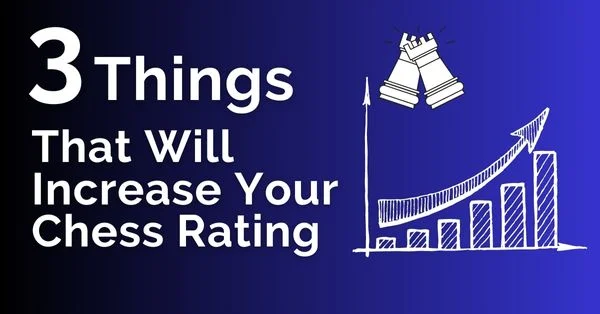
Want to increase your chess rating? Chess players spend many hours studying without much of a result.
They read books, study long opening variations, and accumulate chess knowledge but the rating seems not to go up.
Sounds familiar? If so, this post was written with players like you in mind, that want t improve at chess and increase their ratings.
It will only take a few minutes of your time, but if you follow this advice that could completely change the way you play and boost your Elo.
Step 1: Increase Your Chess Rating – Calculating Moves
This is the very reason why computer plays the best chess on the planet. It may not be the smartest player, but if it can calculate 20 moves deep in 10 lines and do it quickly, winning chess games is a no-brainer. The point I’m trying to make is simple if you calculate better than your opponent, you will most likely win the game.
What does it mean when we say calculating ‘better’ than your opponent? It means two things: deeper and quicker. All grandmasters have exceptional calculating abilities and can analyze up to 15-20 moves deep in some positions. How do they do that? Magnus Carlsen pointed out that the trick is to visualize and to evaluate the just final position.
How to train your calculating ability?
As GM Alexander Kotov pointed out in his book ‘Think Like a Grandmaster’ the most important part of calculating long variations is to actually know what lines to calculate. You shouldn’t calculate every variation you see on the board for two reasons:
1. You’re not a computer.
2. Therefore, cannot calculate all lines sufficiently fast.
If you do that you will either get tired and lose or your clock will expire.

What should you do?
Kotov suggested picking a few (2-3) best moves that are possible in the position.
These are called candidate moves. Then, we only need to calculate 2-3 lines that arise after one of the candidate moves is played. This approach simplifies the calculation complexity and saves time. Instead of calculating some random variations, you will only focus on the strongest, thus the most important continuations.
How deep you can calculate the variation depends on your calculation ability (this post is about how to improve your calculation ability). That can also be improved by training. Solving tactics problems (5-7 movers) in your head, just looking at the initial position without moving the pieces is one of the most effective approaches.
First, find the candidate’s moves and then try calculating the variations in your head. Think of each problem as a position that arose in a tournament game.
Want to learn the biggest misconceptions when it comes to improving in chess? Read 5 Myths About Getting Better at Chess Most Players Believe.
Step 2: Increase Your Chess Rating – Fundamentals of Strategy
Calculating ability is a very important skill to possess for a chess player of any level. But, it’s not the only weapon grandmasters have. Aaron Nimzovich was a positional game expert. He analyzed many of the typical middle-game positions in great detail.
For example, he analyzed positions where one side had a king’s/queen’s side attack, while the other side had a play in the center of the board. Nimzovich analyzed many asymmetrical positions, became an expert in such, and has won many games on that territory.
Capablanca also worked in a similar fashion as Nimzovich did but, with a main focus shifted toward Queen endings and Rook endings. He had become an endgame expert and scored many points in the final phase of the game.
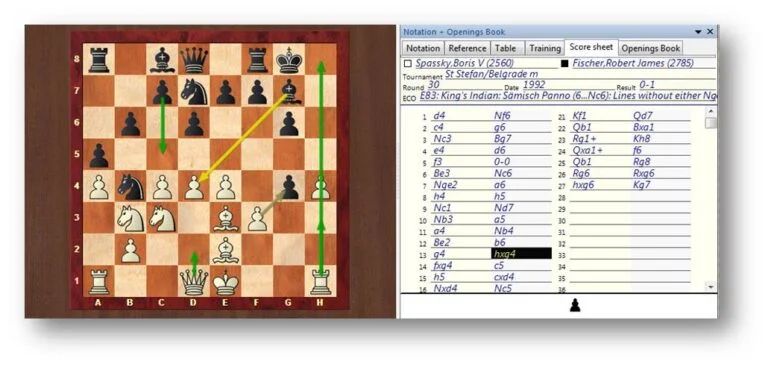
What should you do to improve positional play? Analyze and study typical middle game positions that frequently arise in the game:
1. Pawn majority on one side of the board
4. Pawn sacrifice (both tactical and positional)
5. Weak pawns positions
Want to boost your Elo? Analyze and study typical endgame positions that frequently arise in the game:
3. Knight vs. pawns
4. Same-color bishops
5. Bishop vs. knight
Step 3: Increase Your Chess Rating – Attack on the King
Checkmate is the final goal of chess. It does not matter how much you’re down in material or how short on time. Once the checkmate is delivered the game is over. Therefore, it makes a lot of sense to work on attacking chess, and primarily on the attack on the king.
Many players like to play aggressively and attack their opponents, but they rarely work on their attacking skills.
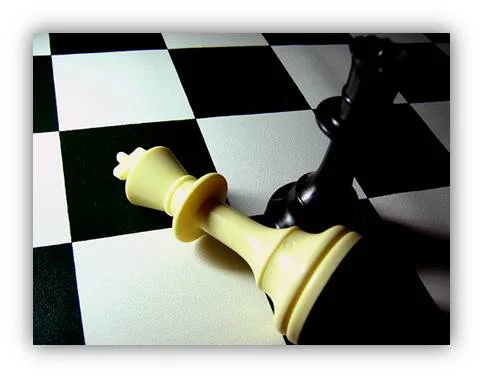
How to work on the attack on the king?
1. Analyze games of attacking players: Alekhine, Fischer, Botvinnik (part 1, part 2, part 3), etc. By doing that you will learn many attacking themes and ideas that can be used in your own games. No need to reinvent the wheel here.
2. Sharpen your tactical skills and calculating skills. These are crucial instruments of an attacking player. The more you work on these, the more success you will have as an attacking player.
3. Study basic themes of the attack on the king:
- The same side castled king attack
- The opposite side castled king attack
- Un-castled king attack
- King in the center of the board attack
Now you know how to increase your chess rating.
Bonus Tip:
7 Surprising Benefits of Playing Chess
Credits:
Images of Checkmate and Bobby Fischer are taken from Flickr from here and here and used under a creative commons license



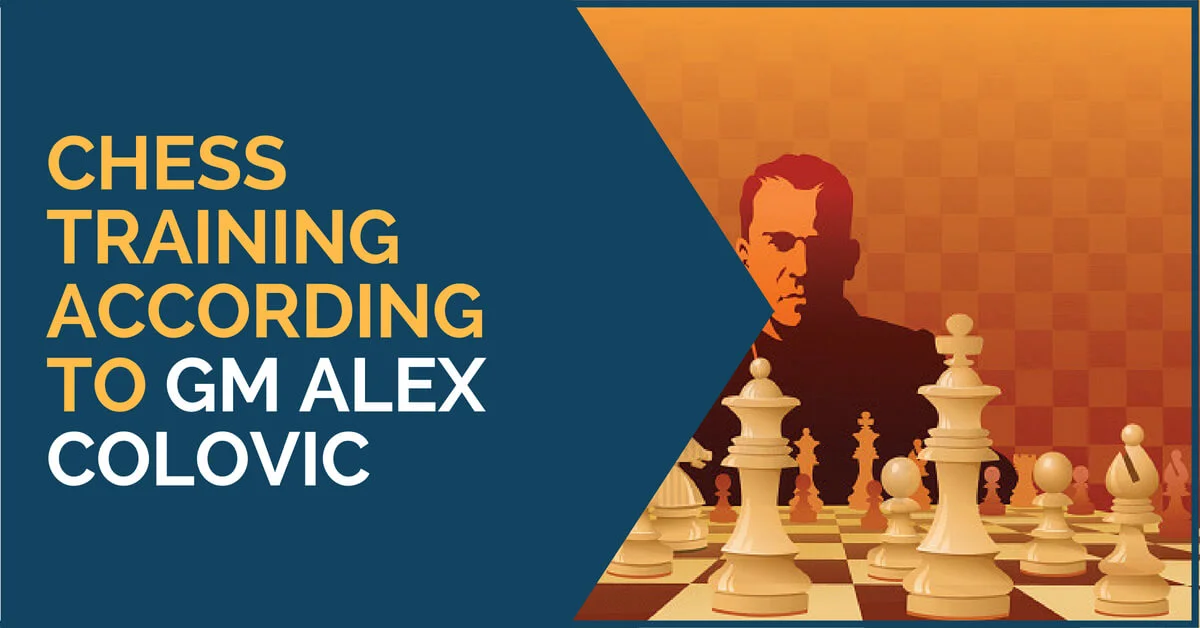
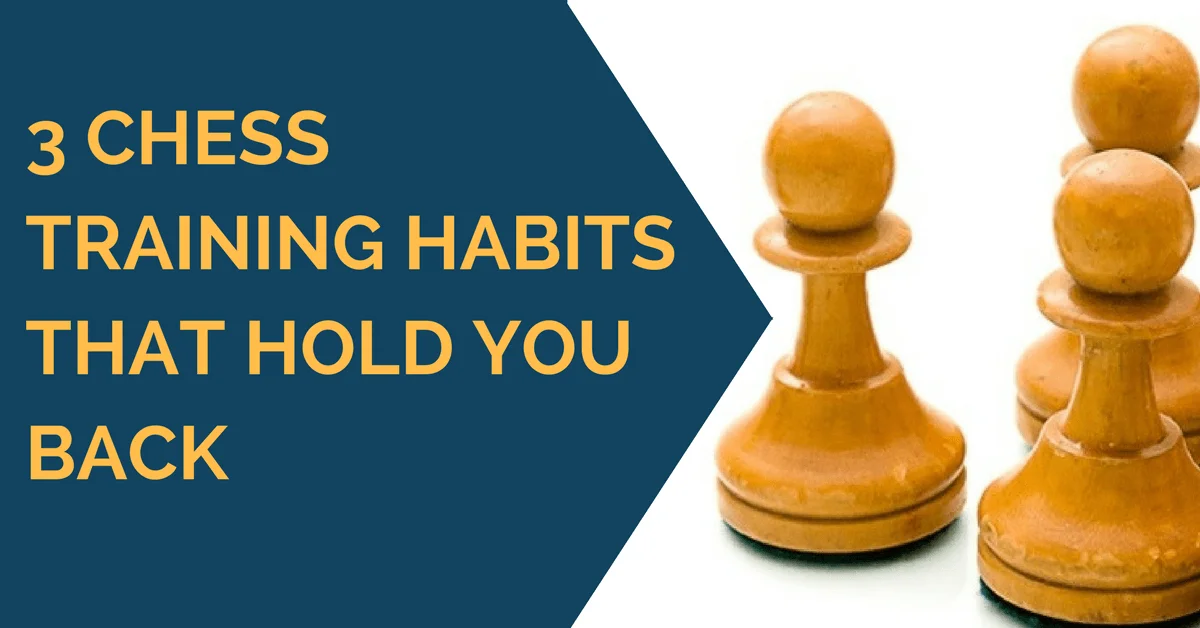
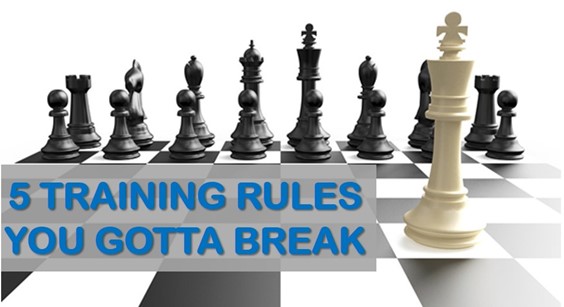




Comments: